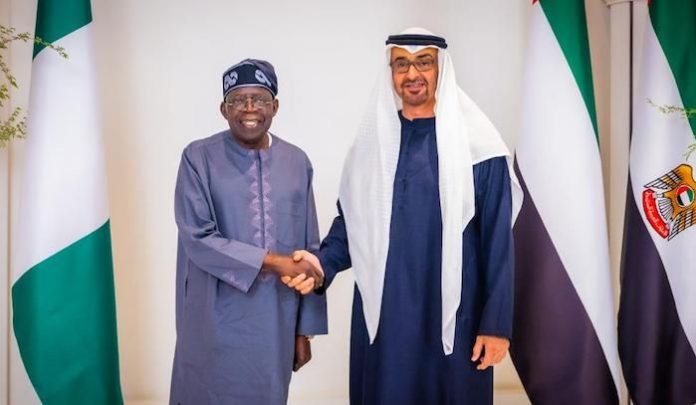The United Arab Emirates (UAE) has made a strategic and significant shift in its immigration policy, formally launching a 10-year Golden Visa program specifically tailored for Nigerian citizens. This move is designed to attract a highly selective group of skilled professionals, substantial investors, and accomplished high-achievers from Nigeria, marking a new chapter in the bilateral relationship between the two nations.
The initiative is a component of the UAE’s expanded Golden Visa framework, which provides long-term residency and is explicitly positioning itself to attract talent in key economic sectors, including technology, healthcare, education, and various business enterprises.1 The UAE has set an ambitious target of attracting over 10,000 skilled Nigerians within the next three years to help realize the goals of the D33 Economic Agenda, which aims to double Dubai’s economy by 2033.
The benefits of the 10-year residency are profound and designed to grant stability to its holders. Unlike shorter-term visas that typically require local employer sponsorship, this long-term residency allows Nigerian recipients to live, work, study, and invest in the UAE autonomously.2 Furthermore, the program is inclusive, allowing for the sponsorship of the visa holder’s entire family, offering a secure, long-term base in the Gulf region.3
This significant policy decision follows a period of dramatically improved diplomatic relations and a clear acknowledgment of Nigeria’s rapidly expanding talent pool in the global business and tech arenas. Observers note that while the foundation for modern Nigeria-UAE ties was established during the tenure of the late President Muhammadu Buhari, the relationship has since been accelerated to unprecedented levels under the current administration of President Bola Ahmed Tinubu. What began as cautious diplomatic engagement under Buhari has now matured into a robust strategic partnership covering trade, aviation, security, and migration policy, culminating directly in the 10-year Golden Visa program for Nigerian citizens.
In a concise summary of the diplomatic efforts, one commentator observed that the late President Buhari effectively “opened the door,” while President Tinubu “walked through it and brought Nigerians with him.” This successful elevation of diplomatic engagement showcases how strategic partnerships can directly translate into expanded economic and lifestyle opportunities for a nation’s citizenry. The program solidifies the UAE’s commitment to investing in human capital, particularly from dynamic African economies.




